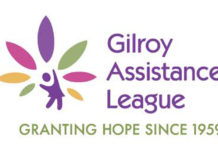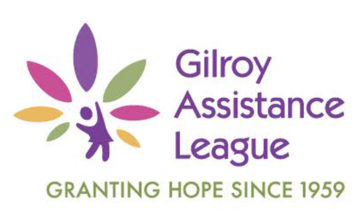We hear a lot these days about ethics, the rules of moral
conduct. Or perhaps we hear more about the lack of ethics: people
in business, government and other fields behaving badly when we
expect better of them.
We hear a lot these days about ethics, the rules of moral conduct. Or perhaps we hear more about the lack of ethics: people in business, government and other fields behaving badly when we expect better of them.
While there is no shortage of those ready to advise us on issues of right and wrong (from judges to preachers to advice columnists like the late Ann Landers), a new book goes beyond just proclaiming what is ethical to explain the principles by which the decision was reached.
“The Good, the Bad & the Difference” (Doubleday, 2002) by Randy Cohen attempts to teach readers “how to tell right from wrong in everyday situations.” The writer infuses his answers with an enjoyable combination of moral authority and humor. The book is divided into seven sections:
• Civic Life (what we do in public)
• Family Life (at home)
• Social Life (others’ homes)
• Commercial Life (where money is involved)
• Medical Life (patients and care givers)
• Work Life (professional sphere)
• School Life (kids)
Each section contains questions about moral quandaries, his answers and sometimes comments by his readers along with Cohen’s second thoughts or defense of his answers.
For example, a reader writes to say that his elderly father constantly buys magazines and other items to better his chance of winning sweepstakes. Although the father is not mentally incompetent, his son throws out this mail to save him from wasting his money and asks the ethicist if this action is right.
Cohen replies: “In the movie version of your life, you have just tossed away the letter announcing your father had won $1 million. And in the ordinary-life version, I’d have to say you were wrong, too. All you gained was a brief lull in the flow of mail-order rubbish bought at the price of your dad’s trust. It hardly seems worth it. Instead, talk to your dad about what you seem to feel is a gambling problem.
“If this fails, you can come around later, sneak into his house, throw away all his mail, pens and pencils. Oh, all right, you can’t. Your dad is an adult in possession of his wits, and while you can inform and encourage, persuade and cajole, you cannot force him to change his ways. Ultimately, the decision, even the foolish decision, is his.”
Other questions deal with problems like sneaking food into a movie theater, seeing a neighbor growing marijuana, taking food back to a dorm room from the college dining hall. Each answer carefully explains the moral principles involved, often with a humorous twist.
Chapters end with an “Ethics Pop Quiz” presenting some hypothetical questions. Readers are invited to e-mail their answers which will appear in a future paperback edition of the book.
Randy Cohen’s previous essays and fiction have appeared in magazines like “The New Yorker” and “Atlantic.” He has written two other books and won Emmy awards as a writer for “Late Night with David Letterman.” “The Good, the Bad, and the Difference” grew out of a weekly column on ethics Cohen writes for “The New York Times Magazine” (which is also syndicated locally in Saturday’s “San Jose Mercury News” as “Everyday Ethics).” If you have an ethical question troubling you, send it to et******@*****es.com.












